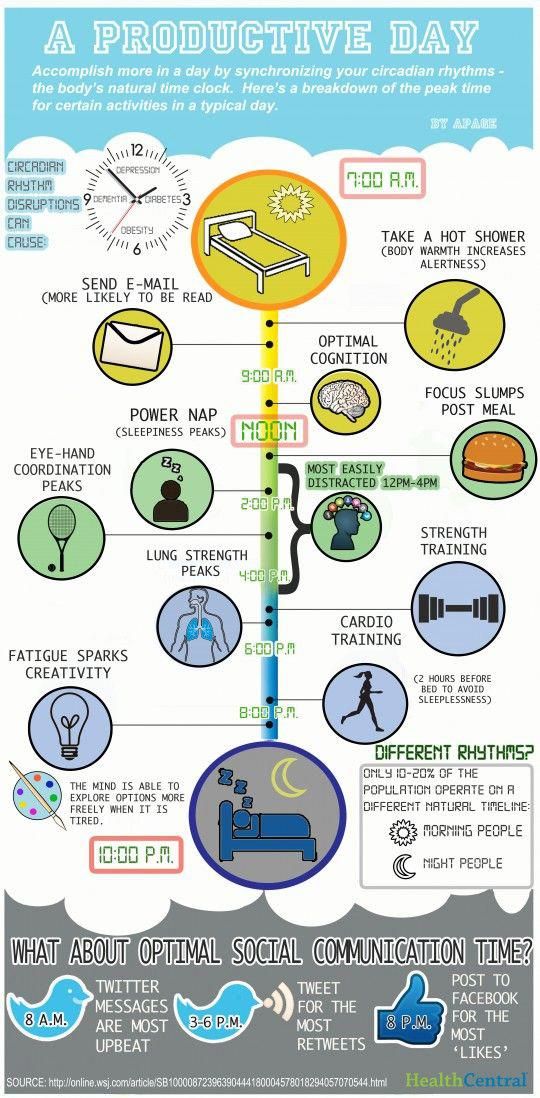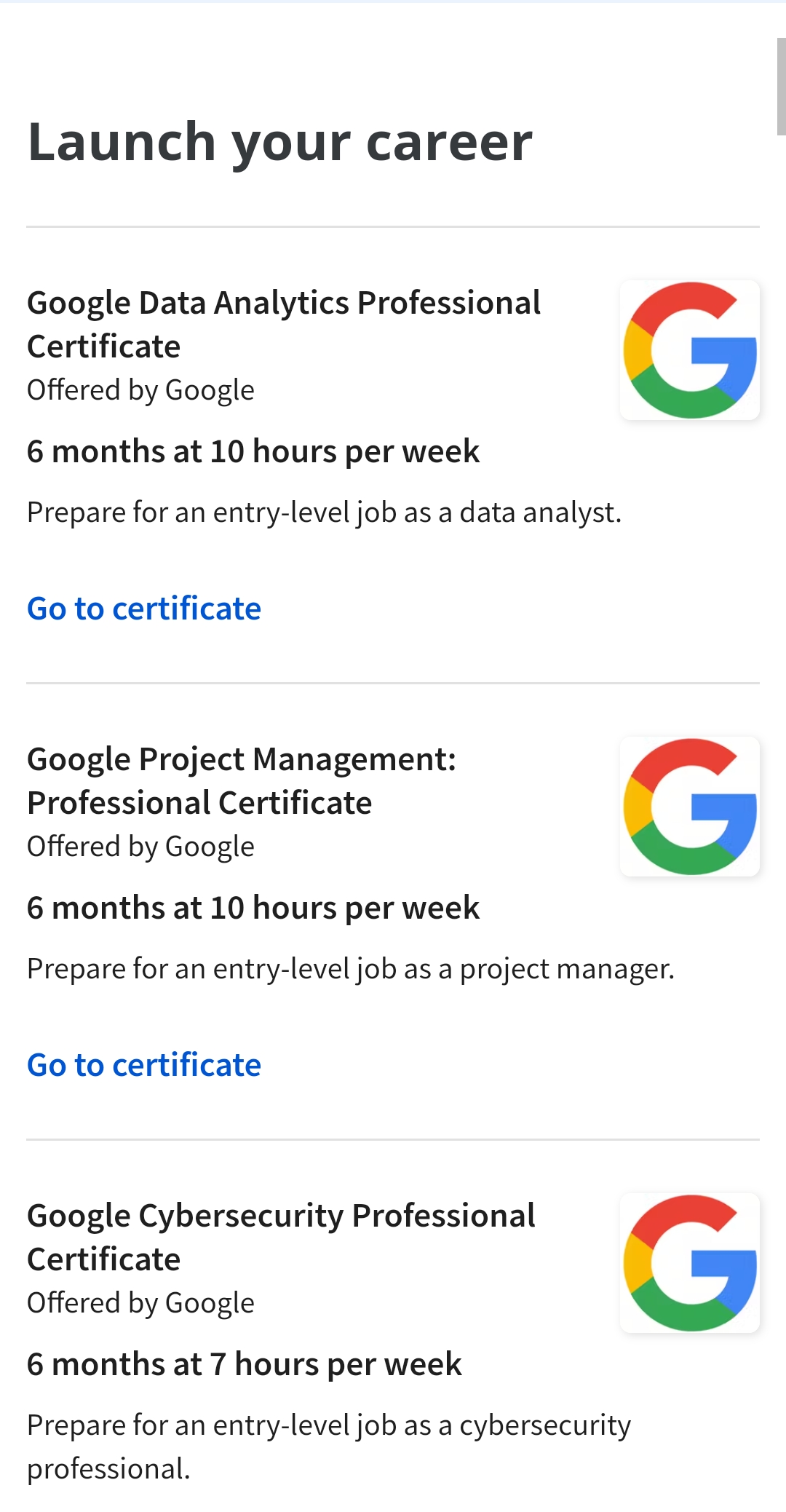Introduction
Effective time management is an essential skill that can help you to achieve your goals, improve productivity, reduce stress, and enhance your overall quality of life. With busy schedules, deadlines, and a long list of things to do, managing your time can be challenging. However, with a few simple strategies and good discipline, you can master time management and take control of your life.
In this article, we present a short guide to time management, outlining best practices and practical tips to help you stay organized, focused, and productive. Whether you are a student, a professional, a business owner, or a busy parent, these strategies can be applied in any area of your life.
Set SMART Goals
The first step to effective time management is to set clear, specific, measurable, achievable, relevant, and time-bound (SMART) goals. A clear understanding of what you want to achieve and by when can help you identify the tasks and activities that are most important and prioritize your focus accordingly.
For instance, if your goal is to complete a project at work by the end of the week, you can break down the tasks into smaller, manageable chunks and allocate the necessary time and resources to each activity. Setting SMART goals can also help you stay motivated, track your progress, and celebrate your accomplishments.
Identify Your Priorities
Once you have set your SMART goals, it’s time to identify your priorities. Prioritizing tasks means deciding which tasks are urgent or important and should be done first, which tasks can wait and which tasks can be delegated or eliminated altogether.
A useful way of prioritizing tasks is by using the Eisenhower Matrix, which divides tasks into four categories: urgent and important, important but not urgent, urgent but not important, and neither urgent nor important. By prioritizing your tasks, you can focus your time, energy, and resources on the activities that matter most and avoid wasting time on low-value tasks.
Create a Schedule
Another valuable time management strategy is to create a schedule or a to-do list. A to-do list can help you to stay organized and focused, prioritize your tasks, and track your progress. You can create a daily or weekly schedule that outlines your tasks, deadlines, and appointments, and allocate time for each activity.
Having a schedule can also help you avoid procrastination, minimize distractions, and improve your time estimation skills. However, it’s essential to be flexible and adjust your schedule when necessary to accommodate unexpected events or changes in priorities.
Eliminate Distractions
Distractions are one of the most significant impediments to effective time management. Whether it’s social media notifications, phone calls, emails, or chatty colleagues, distractions can consume a lot of time and prevent you from focusing on your priorities. However, there are several strategies you can use to minimize distractions and improve your concentration.
One effective strategy is to use the Pomodoro technique, which involves working for a set period, usually 25 minutes, and taking a short break before resuming work. During the work periods, you can turn off notifications, close your email, or use noise-cancelling headphones to minimise distractions.
Delegate Tasks
Delegation is another useful time management strategy, particularly if you have a lot of responsibilities or a looming deadline. Delegating tasks involve assigning tasks or projects to other people who have the skills, knowledge, and time to complete them. By delegating tasks, you can free up time to focus on high-value tasks, improve team collaboration, and develop the skills of the people you’re delegating to.
However, delegation requires good communication, trust, and a clear understanding of roles and responsibilities. You should also ensure that the person you are delegating tasks to has all the resources and support they need to complete the task successfully.
Take Breaks
Taking breaks may seem counterintuitive when trying to manage your time effectively. However, taking regular breaks can help to enhance productivity, creativity, and avoid burnout. Breaks can help to refresh your mind, relieve stress, and improve your physical health.
You can take short breaks every hour or so and longer breaks, such as lunch breaks or vacations, to recharge your batteries and return to your tasks with renewed energy.
Practice Self-Care
Self-care is an essential component of effective time management. Taking care of your physical, emotional, and mental health can improve your focus, productivity, and motivation. Self-care practices can include getting enough sleep, eating healthily, exercising regularly, meditating, and spending time with loved ones.
When you prioritize self-care, you can reduce stress levels, build resilience, and improve your overall well-being. Self-care can also help you approach your tasks with a positive mindset and manage your time more efficiently.
You might find these FREE courses useful
- Work Smarter, Not Harder: Time Management for Personal & Professional Productivity
- Free Time Management Tutorial – Effective Time Management for Employees
- Strategic Career Self-Management
- Engineering Project Management: Scope, Time and Cost Management
Conclusion
Effective time management requires discipline, commitment, and strategies that work for you. By setting SMART goals, identifying your priorities, creating a schedule, eliminating distractions, delegating tasks, taking breaks, and practicing self-care, you can improve productivity, reduce stress, and achieve a better work-life balance. Remember that time is a finite resource, and how you choose to spend it can have lasting consequences on your success and happiness.






